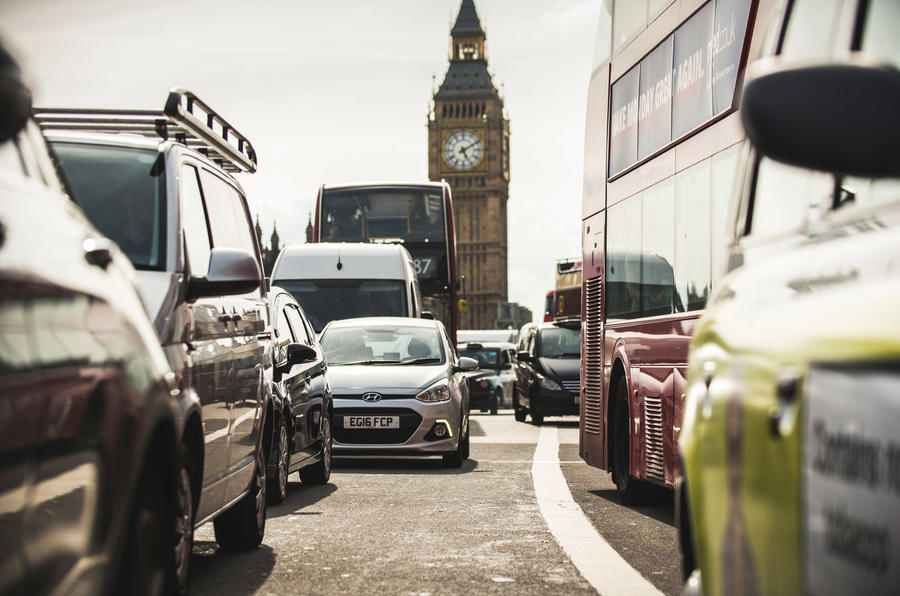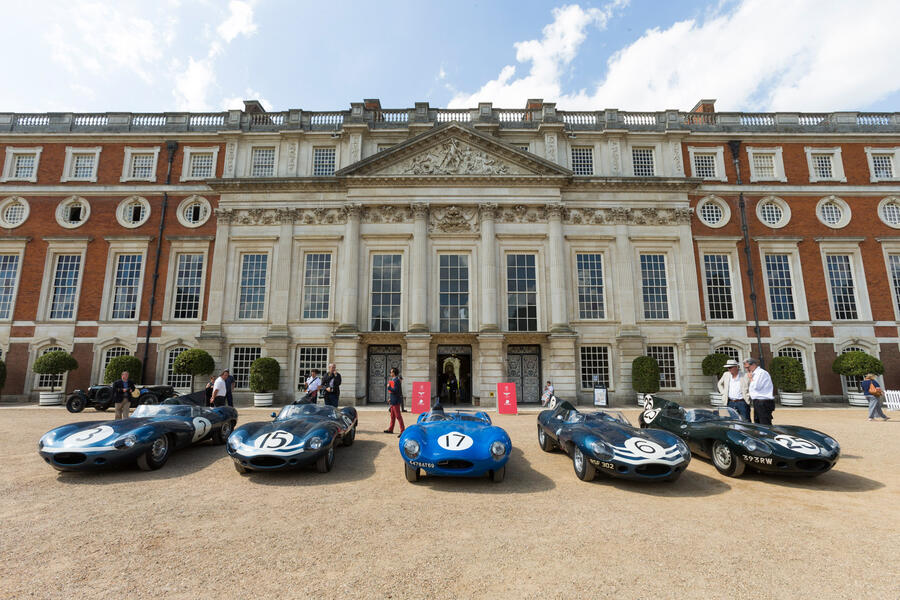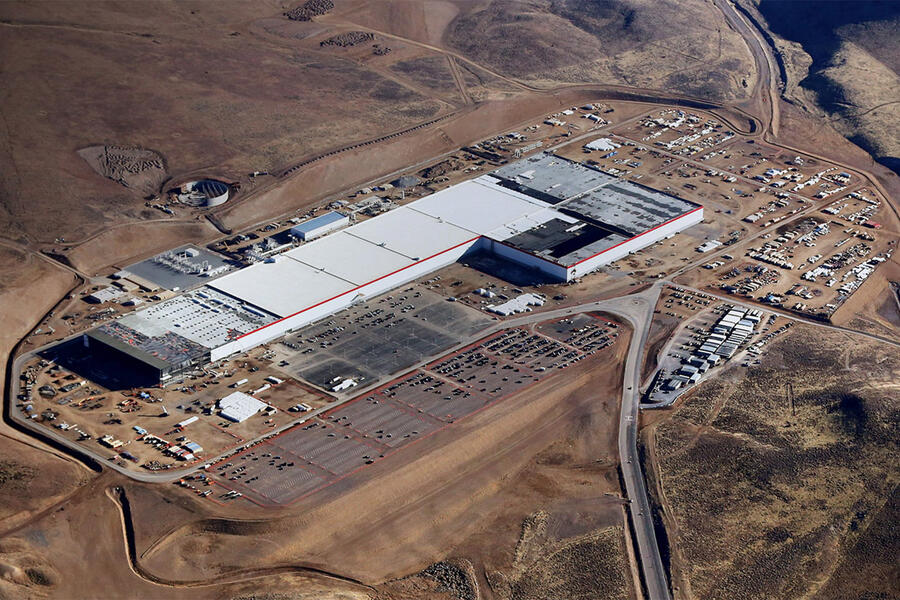Last month, Autocar published its response to the UK government’s call for public views on its proposed 2035 ban on the sale of new cars powered only by an internal combustion engine (ICE). While this is undoubtedly a transition that the country must make posthaste, the plan for achieving it struck us as rather poorly thought through.
We also encouraged you to submit your own views, so here we summarise some readers’ manifestos for Britain’s entry into the age of electrification.
George Koopman, Devon
â— Battery production is far from carbon-neutral. This must be honestly quantified, and we must make certain that global demand can be met by 2035.
â— Battery disposal on the scale necessitated by an all-electric fleet will produce vast recycling problems. To suggest old batteries can all be used for static storage is disingenuous. We need realistic proposals.
â— Until there are adequate charging facilities for all EVs, plug-in hybrids must not only be allowed to continue but also not be penalised.
â— The proposed ban should be phased: firstly in large urban areas and then in less densely populated areas.
â— Hydrogen fuel cell EVs are likely to be a better long-term solution than battery EVs. Thus incentives must encourage production of hydrogen using renewable energy.
â— Total honesty is required as to how the near-£40 billion currently raised annually through fuel duty, VAT and VED will be replaced.
Richard Smith, Cheshire
â— There doesn’t need to be an ICE ban. When the economics work and there’s sufficient infrastructure, people will buy EVs. The government should concentrate on setting standards and ensuring the infrastructure is in place.














Join the debate
Add your comment
Anyone in the UK can vote for synthetic fuels and other cleaner, more environmentally friendly fuels search for efuels on the government petitions website.
Missing the point?
It''s not the capital cost of EVs (or indeed any car) that should be considered, but the ownership (or whole life) cost. EVs currently win hands down in each category because not only does the fuel cost less, the depreciation, maintenance and road tax are lower as well. Perhaps once people cotton on to this their take-up will accelerate.
So much venom!
Wow, whenever these sorts of posts come up and someone has the temerity to suggest that an electric or BEV car doesn't suit their needs they get so much hate and attack its almost comical! In my particular case, if therre was an electric car, that wasn't as SUV, didn't have a stupid touch screen as it's only HMI, could easily do a return trip to my inlaws without the need to refuel, could carry all the luggage internally without a roof box and cost less than £25k - I would probably get one. As it is, such a unicorn doesn't exist and until it does, an electric car won't work, FOR ME.
For others there are other perfectly reasonable objections - refuelling is one. At the moment you can get 600 miles worth of range in less than 5 minutes in your average diesel family car. This can last anything up to a month, depending on usage, where you don't have to think about it again. You can then park your car anywhere you like without having to worry about if there is a fuelling point where you've parked. Did a return trip to County Durham at the beginning of July with the family, didn't think about fuel once on the entire trip. Also, petrol pumps are reliable and the payment mechanism is reliable, quick and secure. No apps, no rfid cards, just your bank card.
Until EVs are the same price (or cheaper) than the equivalent ICE or hybrid, offer the same level of convenience and fit the needs of the majority of people - they will not take over without ICE's being de-incentiveised. And that's the real issue. People will buy the best product that suits their needs and budget - that's how market forces work. At the moment, for the vast majority of people, that is still an ICE powered car. Until that changes, electric cars just won't happen.